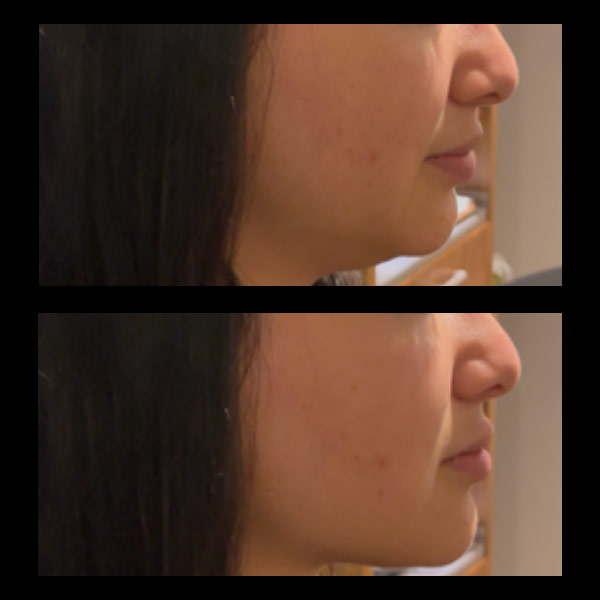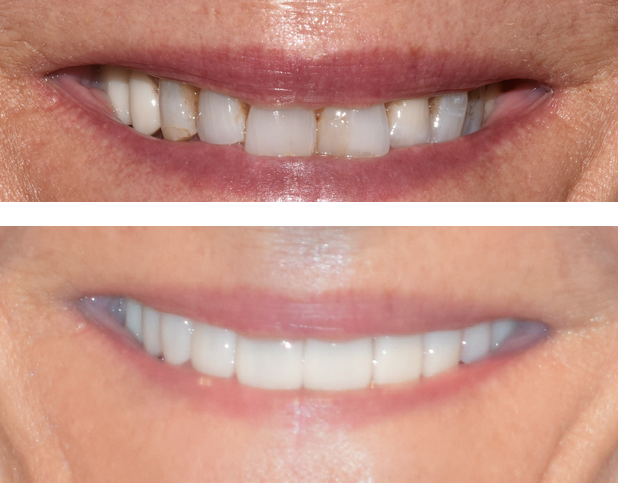What if every time you prepared to order or shop for food, you asked yourself what that particular food would do once it’s inside your body? Ultimately, you should be asking yourself how your body would react to the food you’re thinking about ingesting. One person may react to onions but not be allergic to them while another person is highly allergic. Should both people avoid onions? Yes, if they’re interested in preventing inflammation and achieving optimal health. Even a mild reaction to a certain food can create inflammation and prevent other foods from providing their full nutritional gifts to your body.
Chronic inflammation has been linked to obesity, heart disease, diabetes, arthritis, depression and Alzheimer’s.
New Beauty magazine’s Stylecaster recently reported that “anti-inflammatory eating has moved from something discussed by doctors and dietitians to becoming a buzzy phrase we’re all regurgitating, and with good reason—it may help you avoid some nasty illnesses and possibly even lose weight.”
Why should you choose anti-inflammatory foods?
The term ‘inflammation’ is getting a lot of attention these days because it has far-reaching effects on our overall health. Inflammation has a cumulative effect. Someone who eats deep-fried food for 10 years has a different propensity for Alzheimer’s disease, and other chronic illnesses later in life than a person who eats French fries only once a month. Stylecaster reported that chronic inflammation has been linked to obesity, heart disease, diabetes, arthritis, depression and Alzheimer’s.
As a dentist, I am particularly interested in preventing oral inflammation in my patients. I urge every patient to brush twice a day, floss at least once a day and use a water flosser such as Waterpik daily. Excellent oral health is like insurance for your body, and will help decrease its inflammatory responses.
Think twice, before ordering that side of fries.
And as the food in our country becomes less pure and laden with GMOs, more and more dietitians and health coaches are coming to the conclusion that avoiding deep-fried, GMO-laden foods and sugar is best for our health. Our bodies are less capable of digesting these unclean foods, which are seen as foreign, and can lead to inflammatory response.
If you knew the food you were eating today would cause Alzheimer’s tomorrow, would you avoid it? Perhaps this is the question we should ask ourselves before ordering and shopping. According to Health magazine, anti-inflammatory foods include fatty fish such as salmon, whole grains, dark leafy greens, nuts, berries, ginger and turmeric, garlic and onions.
Perhaps not everyone would benefit from a gluten-free and dairy-free diet—the jury’s still out on that one—but if you have any doubts about your tolerance for gluten and dairy, why not avoid these foods as well? The choice is always yours: to choose inflammatory-causing foods or not. Please choose wisely for a long, healthy life.









